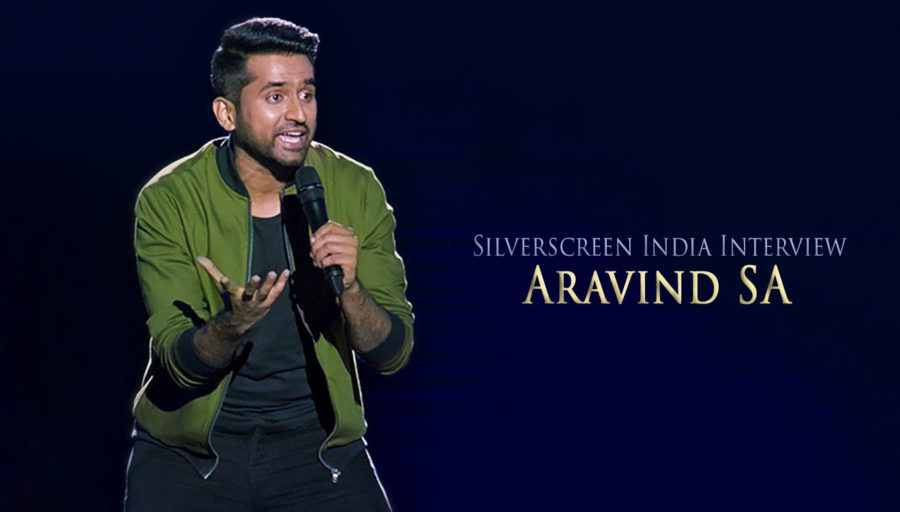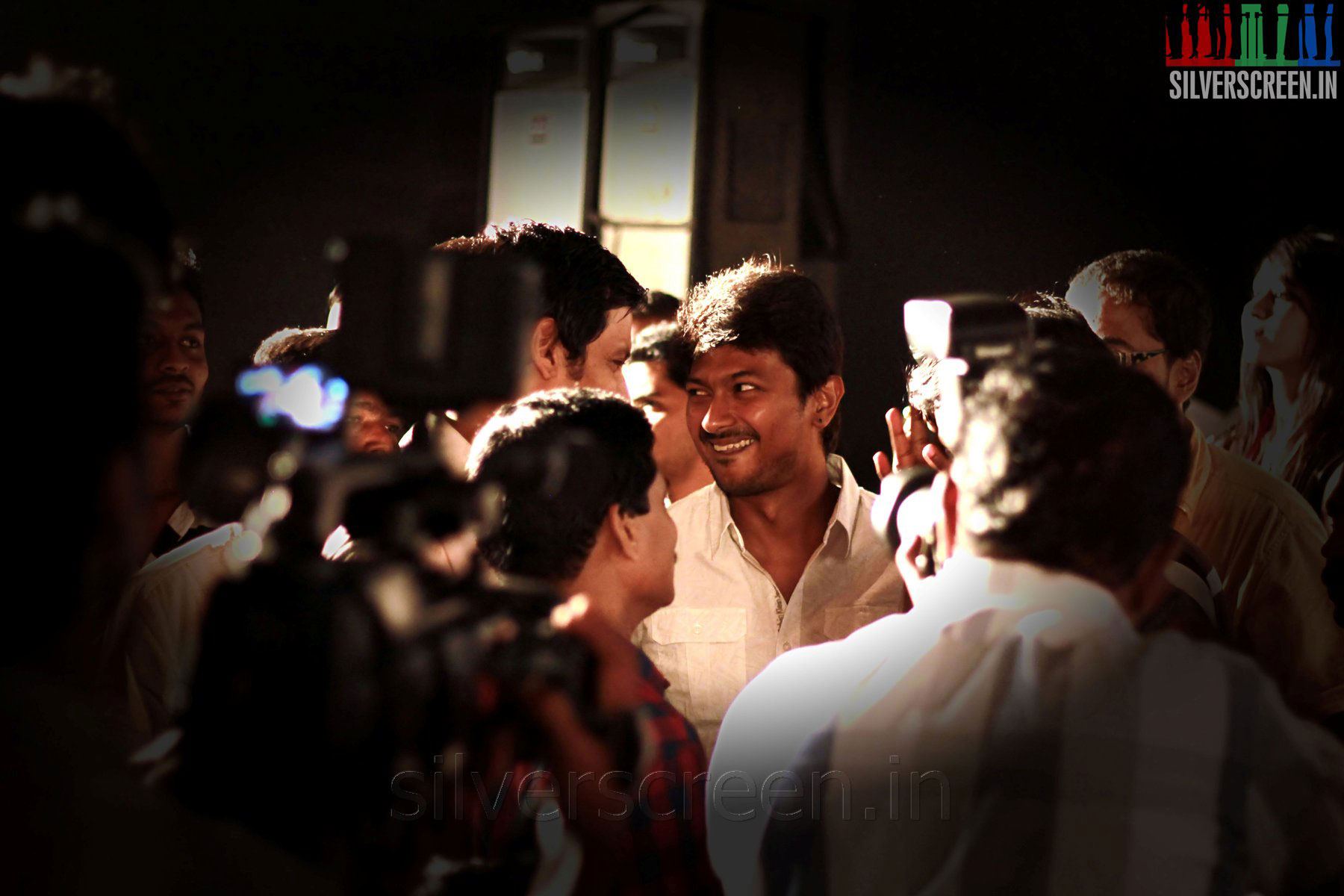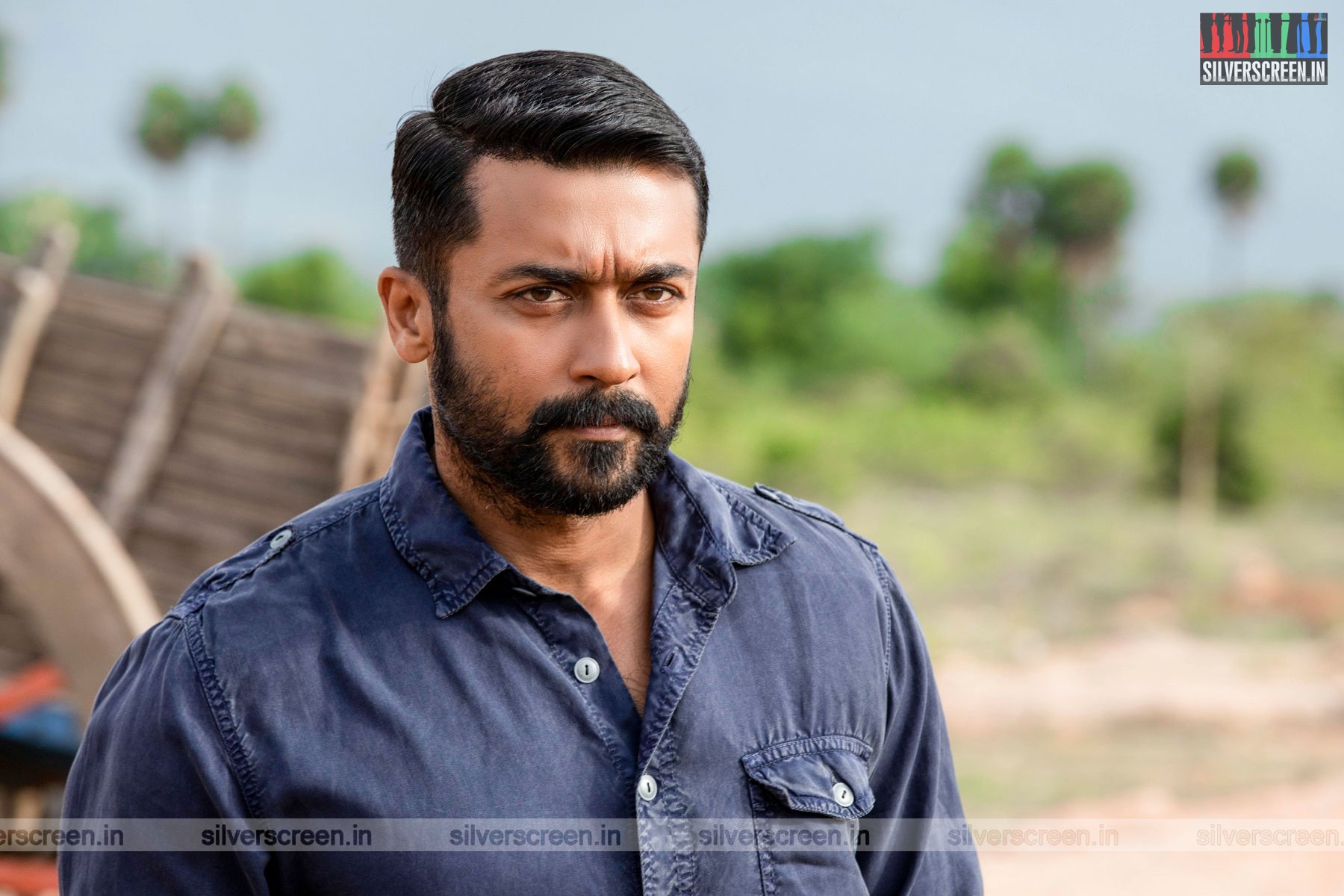For Chennai-based stand-up comedian Aravind SA, typical elements of everyday life become hilarious sketches as part of his stand-up act. Best known for his Lungi Dance vs Chapathi Song routine, his comedy sketches are not just packed with quirky aspects of a south Indian household, but also shines a light on the thriving stand-up comedy arena in South India. Be it humanising Google CEO Sundar Pichai as a fellow south Indian, or coming up with his Chapathi Song to counter the Lungi Dance song from the Shahrukh Khan-starrer film Chennai Express, Aravind has carved a niche for himself in the stand-up comedy arena.
Aravind recently announced a standup special I Was Not Ready Da, which is set to premiere on Amazon Prime Video on November 27. On Monday, the streaming platform released the trailer of the special.
Aravind spoke to Silverscreen India about the thoughts that go into creating content, the future course of stand-up in the world of streaming platforms, and how censoring takes place in the scripting phase.
Based on the content they are creating, every comedian understands how much censoring is required to script the comedies, Aravind says.
“Because society is pretty much where you come from and no performer would like to be given a blank slate and do whatever they want to. Each one of us has our own censor board and it is a basic sense of responsibility we all carry, especially when one is wielding a sense of power when talking in a room full of people to be self-aware and show restrain to sensitive content,” he says. “I think I apply it a lot for myself, irrespective of what factors are outside just with my own judgment of what I feel is right for the content and the objective of the content because content viewed in a vacuum is a limitless thing. If the objective of content is to finish in a place like Amazon Prime, you automatically know the route you need to take for it.”
Stand-up comedy is a reflection of society and takes inspiration from surroundings. Asked about how people are inching towards more sensitive content and what impact it has on content creation, Aravind says that society has always been sensitive. “We, as Indians, have always been very sensitive always and I think every performer and artist brings that sensitivity along with their work,” he says.
Reacting to the the political backlash received by fellow comedian Kunal Kamra after he tweeted his thoughts on the Supreme Court, Aravind says: “We are all doing our jobs here as comedians and ultimately it is our career. It is as normal as it is. I don’t think such repercussions are affecting us in any way to be directly bothered by.” Adding that he has been trolled for his works on social media, he says that the backlash has not hindered him from working. Calling criticism a by-product of the ecosystem we live in, he says that criticism has always existed and has become more of a cultural aspect.
He refers to the comedy circuit as a young and growing one and says: “There is only so much you can evolve in such a short span and we cannot compare to the scene in the US where comedy is almost considered sacred. It is a process and in 30-40 years, we will be a better place, provided comedy is done in a consistent way.”
Speaking about his latest special that was recorded before the Covid-19 pandemic, the comedian says, “The show encapsulates small things that happen around us on an everyday basis.”
The show was directed and recorded by the comedian himself.
“The show is not at all different from my previous shows but recording and directing it myself provided me the opportunity to take note of all the details of the show, from the video point of view and not just content. The show has a name for the very reason that it is the same show that is formatted. I have done nearly 100 shows of I Was Not Ready Da and this is pretty much the standard operating procedure of comedians across the world, where one writes the show, gives it a name and performs it as many times possible before recording and releasing it online,” he says.
“However, this show is different from my previous show Madrasi Da, as I have grown so much as a comedian from the point of view of my exposure to comedy as a consumer of content and even as an artist who performs, has gone up by major numbers,” he says.
Talking about directing the show himself, the comedian says, “Since my interest also lies in those things, I had more fun with the process and could go all the way with all the details of the show, from the video point of view and not just content.”
His academic degree in film direction helped him to direct his show, which gave him a chance to explore other ways of content creation, he says.
“I studied film direction at LV Prasad Film and Television Academy and I have worked as an assistant director in Tamil cinema. It has helped me go back to the roots and do things that I have always wanted to do and could not ever since after becoming a comedian. Recording and directing your own show is a great way to get in touch with those things,” he says.
Asked about where the comedy circuit is heading to, Aravind says he believes that stand-up comedy is at a nascent stage in India.
“I think when you compare what you have around the country, we are only 10 years old from where we started,” he says, adding that the advent of OTT platforms in India ushered in professionalism and gave it legitimacy. “From there, every comedian had a sense of responsibility, commitment, and professionalism to adhere to. We have a long way to go as compared to other big countries that have around 70-80 years of the stand-up comedy industry,” he says.
Stating that there is a lot of demand for stand-up comedy content but very little supply, the comedian says, “I wish we are more diverse, with lot more voices being represented, which will ever happen only with evolution, like any other profession. It should let happen for years before all kinds of people are represented. It is a long way to go and a lot of upside and fun times to look forward to.”
Shedding light on how he converts daily life conversation into content, he says: “You need to be obsessed and you never ever get it right at the first go. I aspire to be a perfectionist and just the aspiration is enough to make you restless and therefore wanting to push it for more.”
Every idea goes through a strict process of back and forth with several people, based on the nature of the idea, he says. “You know whom to jam what idea. You don’t want to show the wrong content to the wrong person and rule it out. You have to make the judgment and the final call is up to you.” According to Aravind, this process has helped him open up to many new facets of the joke that otherwise goes unexplored. “Everyone reacts in a different way, their comments lead to tinkering process that brings out the finished joke,” he says.
Recommended
As OTT platforms have brought a great shift in the home entertainment industry, enabling the stand-up comedy industry evolve at a greater speed, Aravind says that it is an absolute boon for comedians to have an alternative platform that provides them with accessibility and promotes all kinds of art forms.
“While I was in the position of a mainstream filmmaker, trying to get my voice heard, something alternative like stand-up happened and platforms like Amazon Prime Video has made a big difference in bringing all forms of culture and art forms into the scene,” he says.
Hoping to see great innovations that OTT platforms would provide for stand-up comedy and other art forms, the comedian signs off saying, “It effectively takes our ideas to the world and vice versa. I hope it inspires new generations and hopes to live to see it.”



